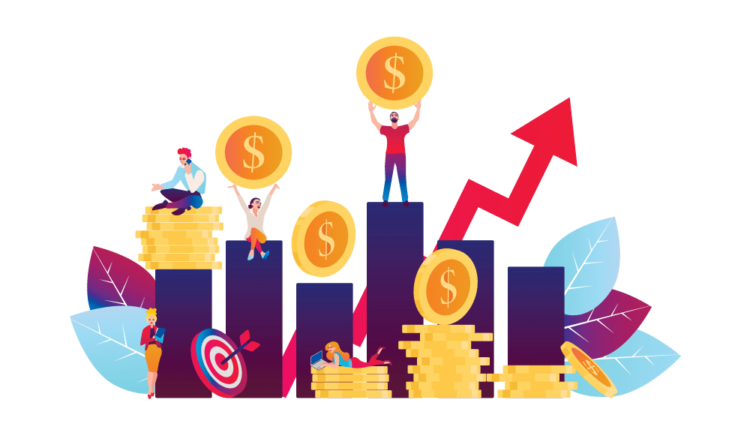By : Arzan Malik Narendra )*
Director of the Economic Policy Research Center (PPKE) Faculty of Business Economics, University of Brawijaya (FEB UB), Prof. Candra Fajri Ananda said, when viewed from a macro perspective, Indonesia’s economic condition was still better compared to other countries after the Covid-19 pandemic.
This is reflected in Indonesia’s economic growth in 2022 which has increased. In the first quarter of 2022 Indonesia’s economic growth grew by 4.83 percent, then in the second quarter of 2022 it increased to 5.60 percent and in the third quarter of 2022 it increased to 5.77 percent.
Several major national and global institutions predict that Indonesia’s economic growth in 2023 will increase. The IMF predicts that Indonesia’s economic growth will grow optimistically by 5 percent, Bank Indonesia estimates that national economic growth will range from 4.5 percent to 5.3 percent, while the Ministry of Finance predicts national economic growth will reach 5.3 percent.
The success of increasing economic growth in the midst of the Covid-19 pandemic and the Russia-Ukraine conflict cannot be separated from President Joko Widodo’s policy of prioritizing downstream of several of Indonesia’s leading commodities, namely nickel and palm oil.
Secretary General of the Indonesian Nickel Miners Association (APNI), Meidy Katrin Lengkey said, the downstream or purification program for nickel commodities has shown great success. Indonesia managed to reap added value from nickel of US$ 33 billion or around Rp. 514 trillion in 2022. One indication of the success of nickel downstream is the number of nickel processing factories that have sprung up. It is estimated that there will be 43 nickel processing plants by 2023. In fact, this number is expected to increase even more. In 2025, he estimates that there will be 136 nickel processing plants operating in Indonesia.
Executive Director of the Palm Oil Agribusiness Strategic Policy Institute (PASPI), Dr. Tungkot Sipayung said that one of the spectacular achievements in the national palm oil industry was the downstreaming of palm oil products which made Indonesia change from an exporter of raw materials (CPO) to processed products.
In 2010, palm oil exports were dominated by CPO and PKO which are crude palm oil, but in 2021, Indonesia has succeeded in downstreaming, so that Indonesian palm oil exports are dominated by RPO and RPKO (CPO derivatives) and PKO). This downstream was able to generate foreign exchange from palm oil exports of only around USD 18 billion in 2015 to USD 39 billion in 2022. As a result, the trade balance surplus increased sharply from only USD 7 billion in 2015 to USD 55.7 billion in 2022.
Meanwhile, the Coordinating Minister for Maritime Affairs and Investment (Menko Marves), Luhut Binsar Pandjaitan said Australia was very supportive of Indonesia and also saw that the downstream program launched by President Jokowi was very capable of overcoming domestic downstreaming, which strategy was a way which is very appropriate even the Motherland continues to progress.
This made Australia look surprised at how the Head of State could behave in the midst of downstreaming in Indonesia, but in fact the country is still progressing as it is today. Of course, this cannot be separated from the important role and kind of leadership that President Jokowi has in carrying out downstream and digitalization.
Of course, in a particular program, strategy or policy that a country wants to implement, it is a necessity that all of these have the role and contribution of the Head of State. In this case, President Jokowi’s courage in the downstream program was able to get a lot of appreciation from several neighboring countries.
)* The author is a contributor to the Siber Nusa Institute
